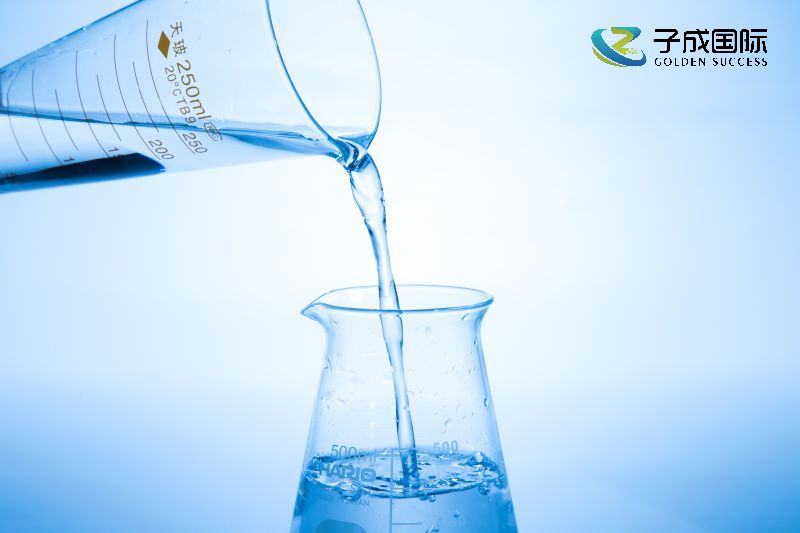Leveling agents, as an important component of coating formulations, have the core value of improving the smoothness and flatness of the coating surface, reducing defects such as brush marks and orange peel effects, and are indispensable additives for pursuing high-quality coating effects. This article will provide a detailed explanation of the definition, classification (such as surface tension reducing type, rheological control type, etc.), and basic mechanism of action of leveling agents, taking you into the microscopic world of leveling agents and understanding their fundamental role in the coating industry.

Leveling agent is an additive that can adjust the rheological behavior of coatings, promote natural leveling of coatings during the coating process, and reduce surface defects. According to different mechanisms of action, it can be divided into surface active dosage forms, polymer types, and composite types.
Different substrates (such as metal, wood, plastic) have specific requirements for the adhesion and leveling effect of coatings, and suitable leveling agents need to be selected based on the characteristics of the substrate. Different types of coatings such as water-based, solvent based, UV curing, etc. require different types of leveling agents to match their characteristics. Weigh the performance and cost of leveling agents based on specific requirements such as glossiness, drying speed, and weather resistance for the painting project. Verify the effectiveness of leveling agents through small-scale experiments to ensure their stable performance in practical applications.
Leveling agents mainly achieve uniform and smooth coating by reducing surface tension, improving flowability and wet edge ability, and reducing surface roughness through wetting and dispersing effects. In the modern coating industry, leveling agents are crucial for improving product quality and meeting customer demands for aesthetics and functionality. In the modern coating industry, the application of leveling agents is directly related to the final quality of the coating film and is one of the key factors in enhancing product competitiveness. Good leveling performance can not only beautify the appearance, but also improve the weather resistance, corrosion resistance and other properties of the coating.

 English
English
 Chinese
Chinese Vietnamese
Vietnamese
 HOME
HOME
 PRODUCT
PRODUCT
 NEWS
NEWS
 CONTACT
CONTACT


